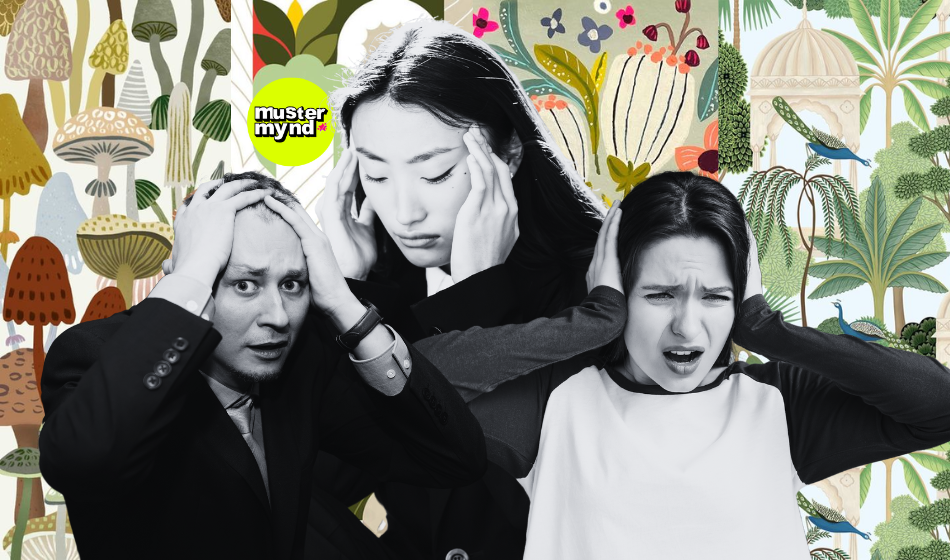Understanding the subtleties of psychiatric language is essential for specialists in the area, and it may be extremely beneficial to anybody interested in mental health.
Five Psychiatric Concepts: Imagination, Delusion, Illusion, Allusion, and Hallucination
Imagination
The ability to construct mental images, scenarios, and ideas is a fundamental cognitive talent. It is a potent tool that fosters creativity, problem-solving, and invention, adding to the breadth of human experience. Imagination is important in therapeutic interventions in the field of psychiatry. Individuals can engage in visualization techniques that promote relaxation, stress reduction, and self-healing by using the power of their imagination. Furthermore, fostering creative thinking might promote adaptive coping processes, assisting individuals in processing emotions and managing difficult situations.
Delusion
A persistent mistaken belief that is contrary to cultural or religious norms is referred to as a delusion in psychiatry. Individuals suffering from delusions really believe in the reality of their views, despite contradictory evidence. Delusions can take many different forms, including paranoid delusions, grandiose delusions, and somatic delusions. Understanding and dealing with illusions necessitates a sensitive and empathetic approach. Evidence-based therapies, including cognitive behavioral therapy and medication management, are used by mental health experts to assist clients in challenging and changing their erroneous beliefs. It is critical to create trust and facilitate effective treatment by providing a safe and nonjudgmental therapeutic setting.
Illusions
As opposed to delusions, illusions entail misperceptions or distortions of sensory stimuli. Our senses can occasionally deceive us, causing us to perceive things differently than they truly are. Illusions might be visual, aural, or tactile, or they can be related to other sensory modalities. An individual experiencing an optical illusion, for example, may view a fixed object as moving or see shapes that are not present. Distinguishing between illusions and true experiences is critical in psychiatric assessments for appropriate diagnosis and therapy planning. Exploring the psychological and neurological causes generating illusions advances our understanding of perception and cognition.
Allusion
In psychiatry, an allusion is an indirect reference made in the context of communication, which is frequently tied to personal experiences, emotions, or symbolic representations. It provides insight into an individual’s inner world and can be an effective therapeutic tool. Mental health experts can acquire insights into a person’s thoughts, feelings, and underlying issues by attentively listening to their references. Allusions can be metaphors or symbols that help us grasp complex emotions or terrible situations. Skillfully interpreting and investigating allusions can aid in the formation of a collaborative therapeutic partnership and enhance effective therapeutic communication.
Hallucinations
Hallucinations are perceptual experiences that occur in the absence of external stimuli. They can appear in a variety of sensory modalities such as auditory, visual, tactile, olfactory, and gustatory. Hallucinations are frequently linked to psychiatric diseases such as schizophrenia, substance use disorders, or neurological problems. Understanding and assessing hallucinations is critical for accurate diagnosis and treatment of these illnesses. To distinguish hallucinations from true sensory experiences, mental health experts conduct comprehensive examinations that include clinical interviews, observation, and consultation with other healthcare practitioners. Antipsychotic medication, psychoeducation, and therapy designed to address underlying psychological and biological issues are all possible treatment options.
By having a thorough understanding of these key psychiatric concepts, imagination, delusion, illusion, allusion, & hallucination, mental health practitioners can improve their clinical skills, improve patient care, and contribute to the larger conversation about mental health. Exploring the complexities of psychiatry not only broadens our understanding but also deepens it.
The abridged form of the article originally published on Linkedin




